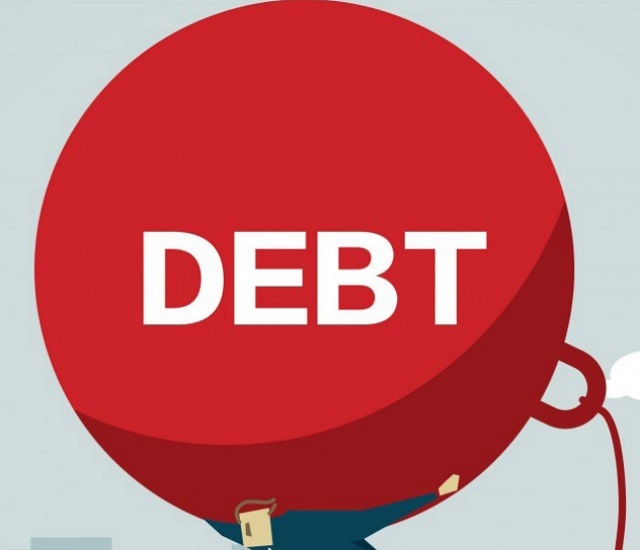
COMMENT | CLEVER NICHOLAS | Debt is not merely a financial burden; it can also take a toll on our emotional well-being. The psychology of debt delves into the complex interplay between money and our emotions, highlighting the emotional challenges that often accompany financial obligations. However, understanding these challenges is the first step towards overcoming them. In this article, we will explore the various emotional aspects of debt and provide practical strategies to help individuals navigate their way towards financial and emotional freedom.
The Shame and Stigma of Debt: Debt can trigger feelings of shame and social stigma, leading individuals to hide their financial struggles and suffer silently. It is crucial to recognize that debt is a common phenomenon and not a personal failure. By normalizing conversations about debt and seeking support from trusted individuals or financial advisors, one can alleviate the emotional burden and begin the journey towards debt resolution.
Anxiety and Stress: The weight of debt can be overwhelming, causing anxiety and stress that permeate various aspects of life. Constant worry about meeting payment deadlines, mounting interest rates, or the fear of bankruptcy can significantly impact mental health. Implementing stress management techniques such as mindfulness, exercise, and seeking professional help can help individuals cope with these emotional challenges more effectively.
Self-Worth and Identity: Our financial situation often influences our sense of self-worth and identity. When burdened with debt, individuals may question their competence, feel inadequate, or experience a loss of control over their lives. It is essential to separate one’s self-worth from their financial situation, recognizing that debt does not define who they are. Focusing on personal strengths, setting achievable goals, and celebrating small victories can boost self-esteem during the journey towards debt recovery.
Fear of the Future: Debt can breed fear and uncertainty about the future. Worries about long-term financial stability, retirement, or the ability to provide for loved ones can be daunting. Creating a realistic financial plan, seeking professional advice, and taking proactive steps towards debt reduction can instill a sense of control and diminish the fear of an uncertain future. It is important to remember that small actions taken today can pave the way for a more secure tomorrow.
Breaking the Cycle: Debt can become a vicious cycle, perpetuating negative financial habits and emotional distress. Breaking this cycle requires a shift in mindset and adopting healthy financial behaviors. Educating one about personal finance, creating a budget, living within means, and seeking debt management strategies can provide a roadmap to break free from the cycle and create a brighter financial future.
The psychology of debt underscores the significant emotional challenges individuals face when dealing with financial obligations. By recognizing and addressing these emotional aspects head-on, it becomes possible to overcome the psychological burdens of debt.
Seeking support, adopting healthy coping mechanisms, and taking proactive steps towards debt resolution are crucial in reclaiming financial and emotional well-being. Remember, you are not alone in this journey, and there is hope for a brighter future beyond debt.
*****
 The writer is a Debt Recovery Expert and Managing Director of Smart Skills Limited.
The writer is a Debt Recovery Expert and Managing Director of Smart Skills Limited.
Email: clever@smartskills.co.ug
 The Independent Uganda: You get the Truth we Pay the Price
The Independent Uganda: You get the Truth we Pay the Price



